Category
Patient Education

Oral Cancer Screening
About Screening for Oral Cancers It is important to receive an oral cancer screening as part of your routine checkups with your dentist, especially if you notice any abnormalities or differences on your gums, teeth, or the inside of your mouth and throat. During an oral cancer screening exam, your dentist will check the inside […]
READ MORE
Headaches & Migraines
About Headaches and Migraines A toothache can be one of the main causes of a migraine headache. This is because almost all headaches and toothaches are related to one of your largest nerves in the head — the trigeminal nerve. One of the most common causes of headaches due to a dental concern is teeth […]
READ MORE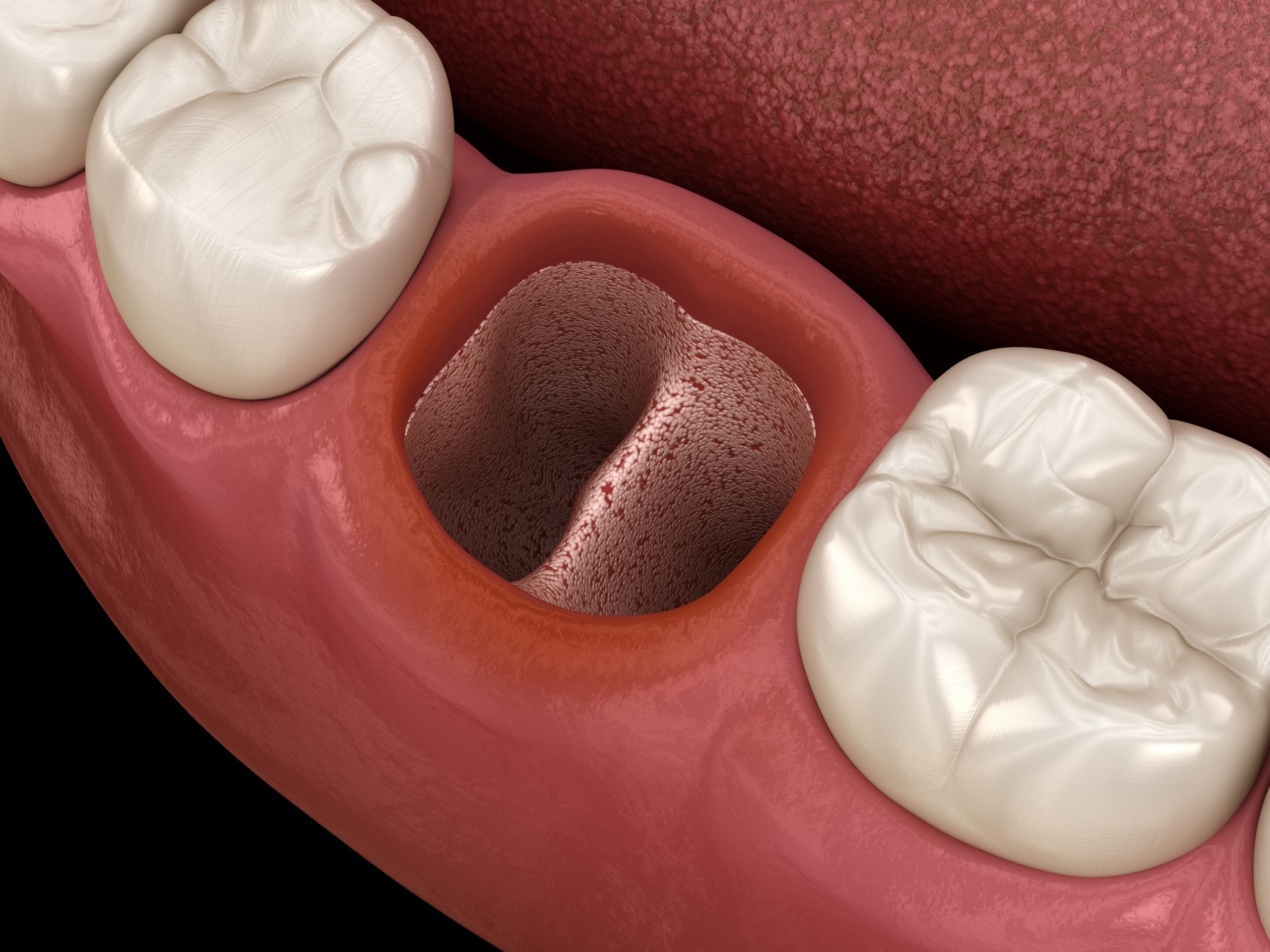
Extractions
About Extractions Tooth extractions are often required if there is no way to preserve the tooth. You will receive a local anesthetic, which numbs the area around your tooth so you’ll only be able to feel pressure and not pain during this procedure. The dentist then uses instruments called “elevators” or mallets to lift the […]
READ MORE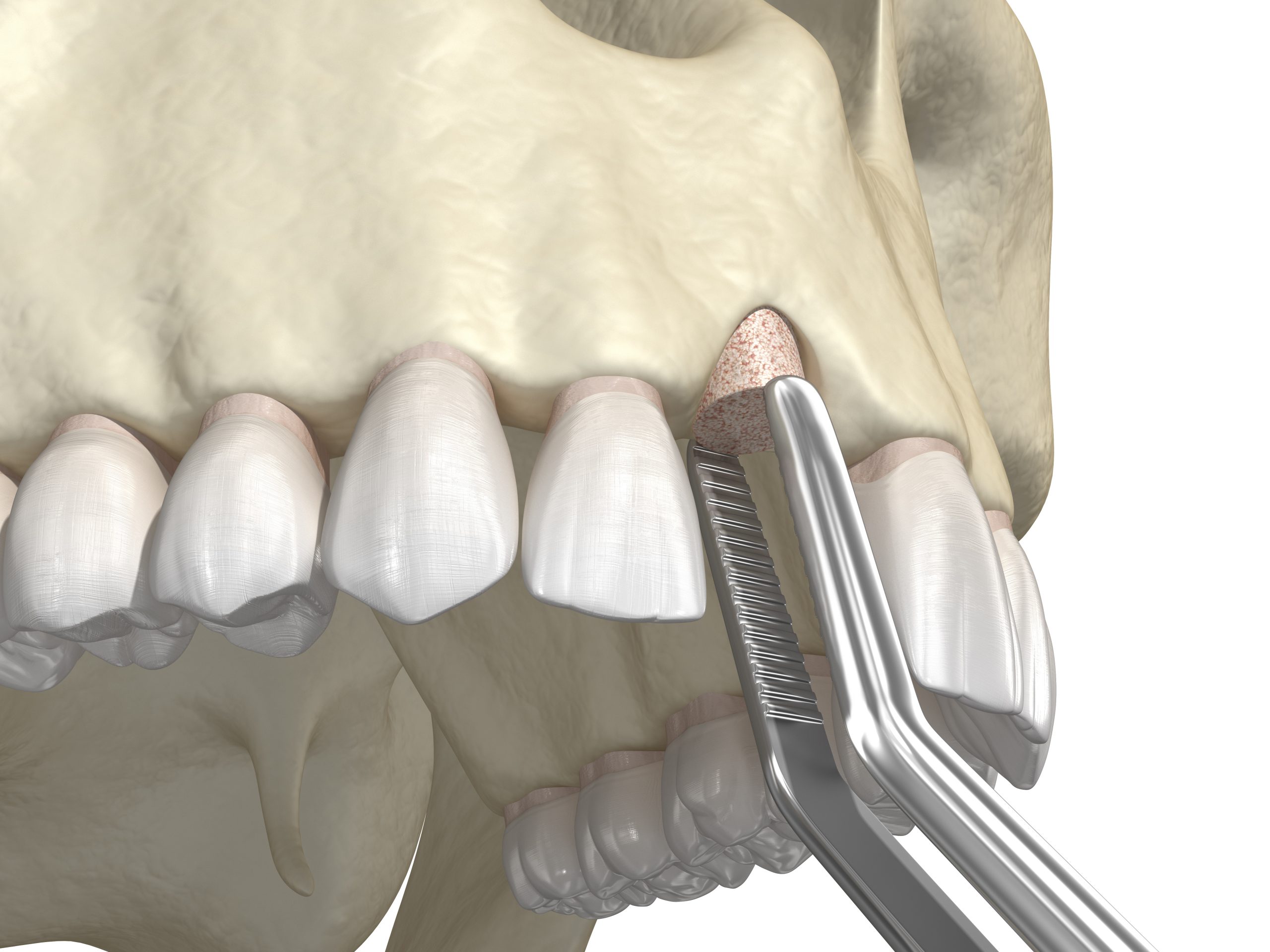
Bone Grafting 2
About Bone Grafting Bone grafting for dental procedures can be done in various ways. The most common is the use of autografts and allografts, which both take a patient’s natural tooth or bone from another part of their body to increase bone growth where it has deteriorated. This procedure is generally done when a patient […]
READ MORE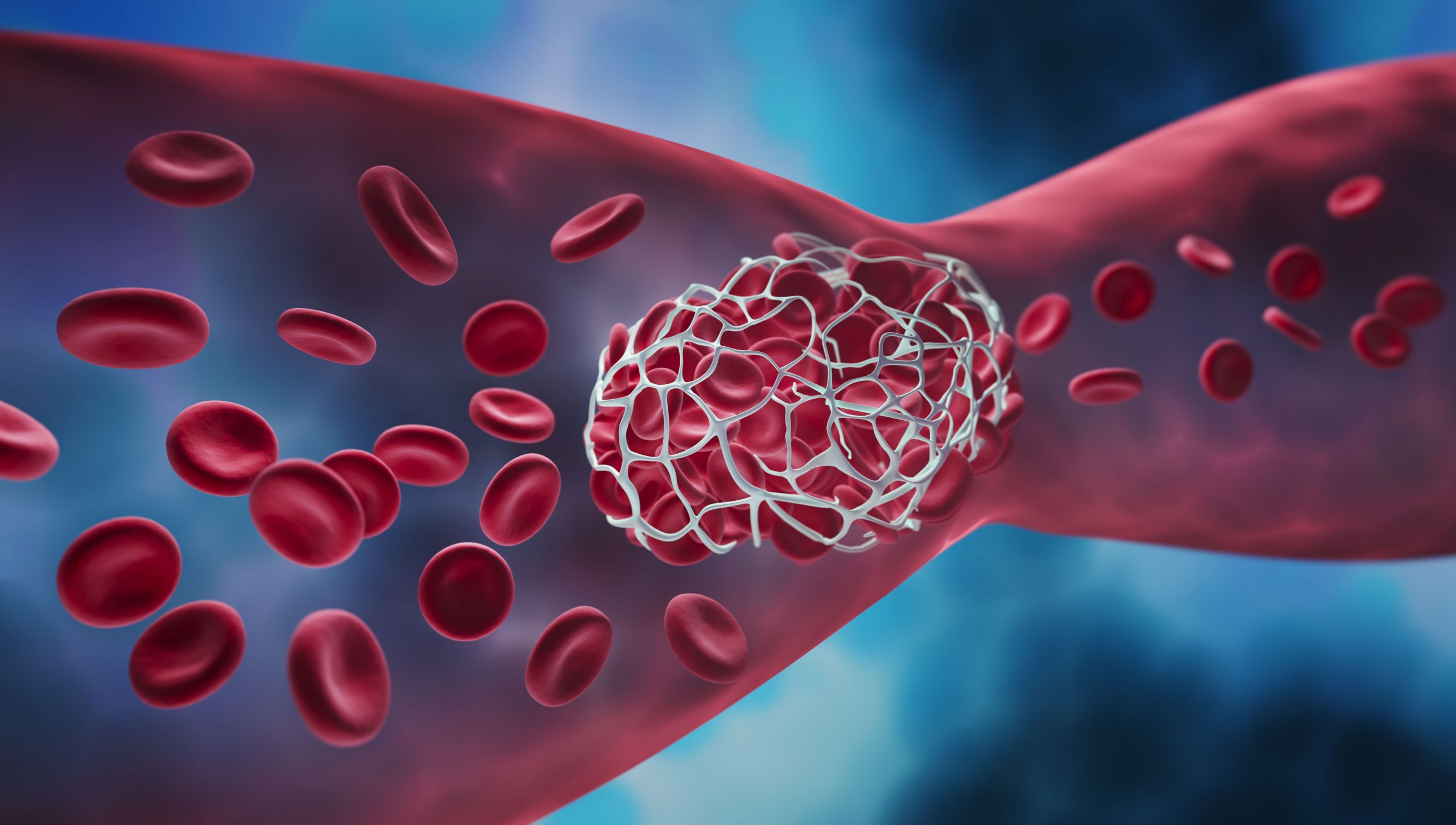
Blood Thinners & Dental Procedures
About Dental Procedures and Blood Thinners When you’re on blood thinners, toothaches and other oral procedures can be risky. If the dentist isn’t aware of your medication, there could be severe complications that may even prove fatal, such as blood loss or failure to heal properly. With proper knowledge of all of your medications, your […]
READ MORE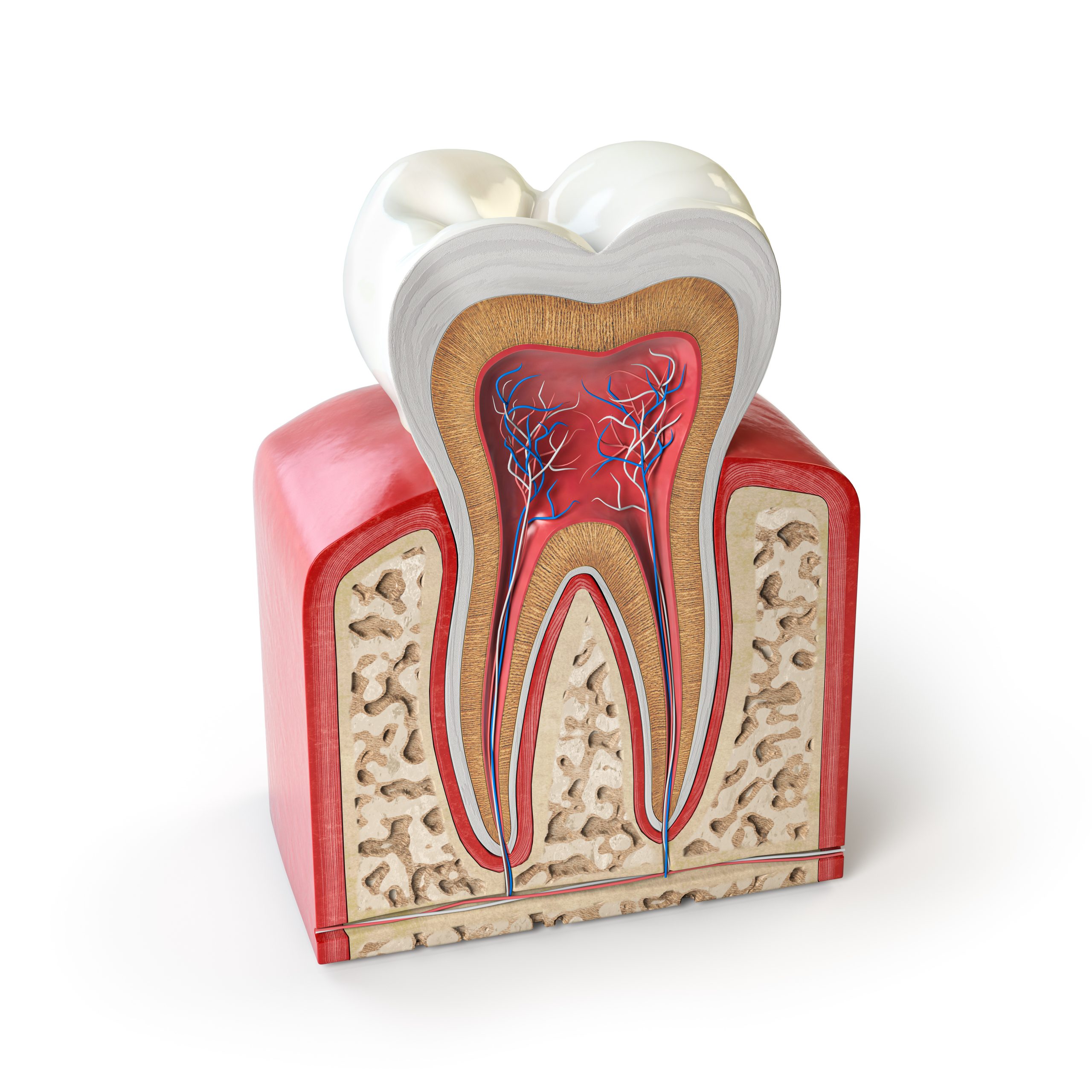
Oral Surgery
About Oral Surgery The world of oral surgery is vast and complex. Oral surgery may be used to treat everything from toothaches to wisdom teeth extractions, jaw restorations for orthodontics, or dentures – even cosmetic procedures can fall under this category. It is important to discuss any oral surgery procedure with your dentist or oral […]
READ MORE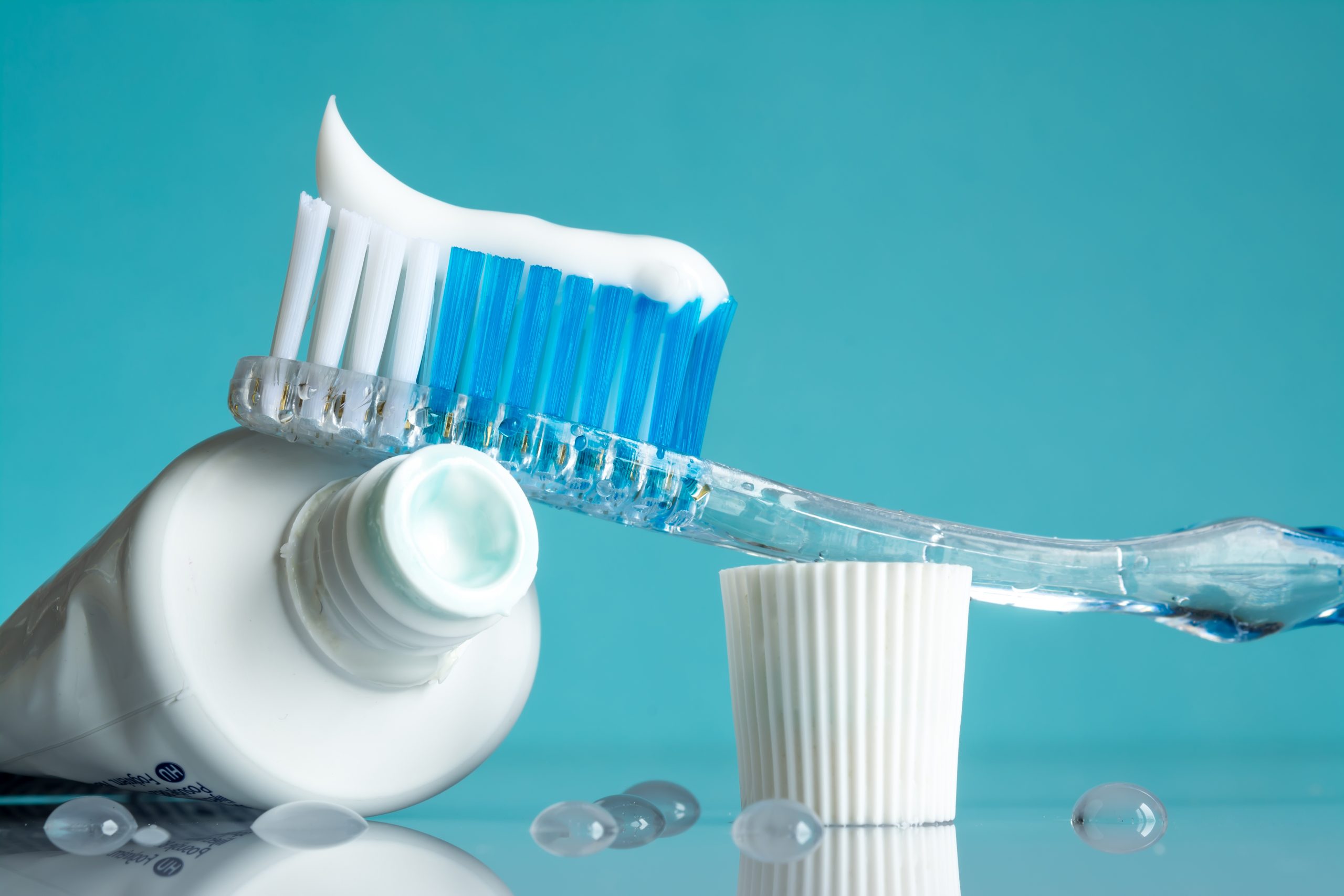
Toothpaste
About Toothpaste Dentists recommend toothpaste with a high-fluoride content to prevent cavities. Cavity-causing bacteria are best eliminated by regular brushing, and toothpaste removes stains and plaque. Dentists tell us the best way to keep our teeth healthy is to brush twice daily using fluoridated toothpaste every day. Your dentist can also recommend toothpaste based on […]
READ MORE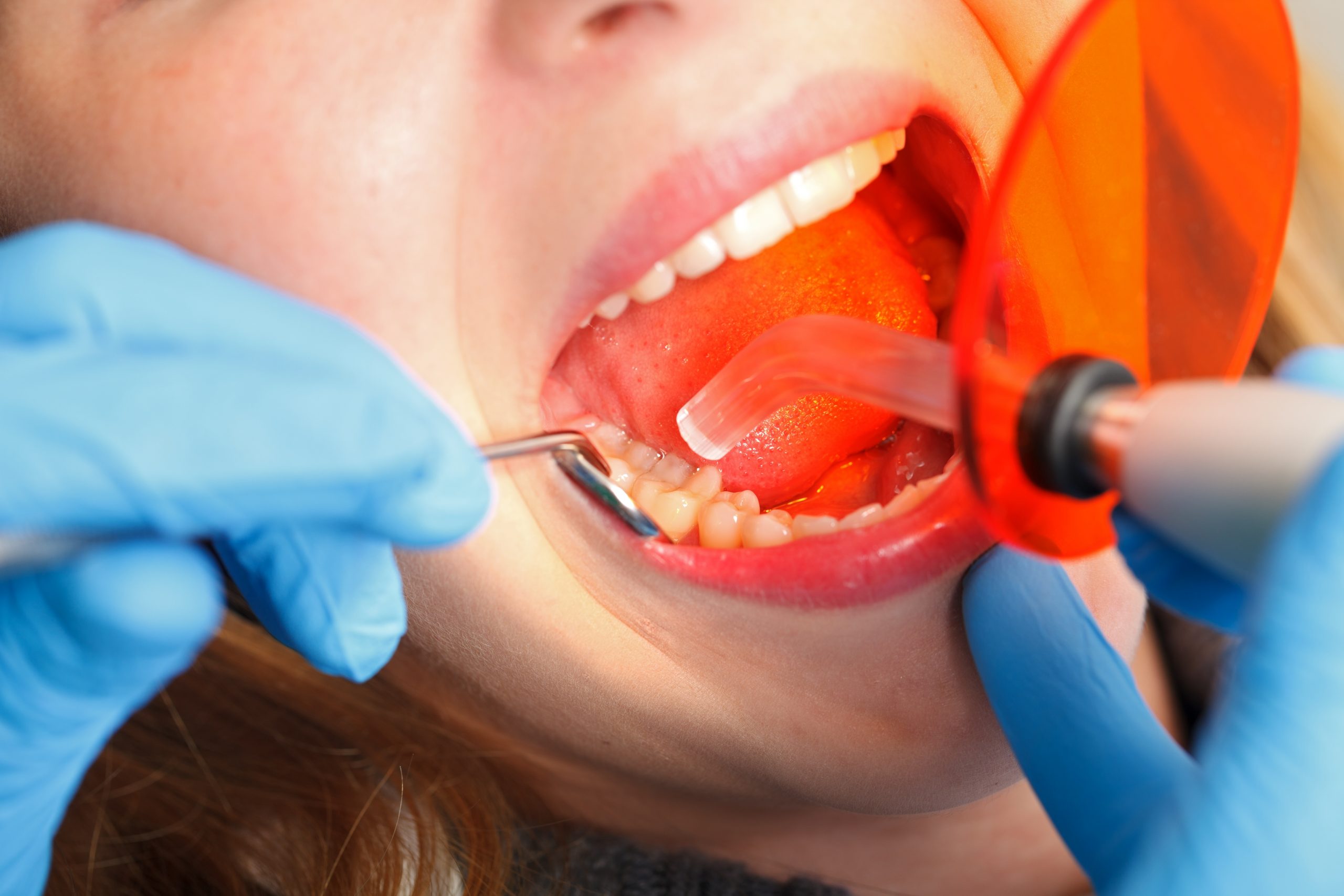
Tips to Prevent Cavities
About Preventing Cavities: Tips to Help Daily oral hygiene that you incorporate into your daily routines is the best way to prevent cavities. Here are a few tips to prevent cavities approved by your dentist: Brush twice daily with fluoride toothpaste and floss at least once per day. Drink plenty of water throughout each day, […]
READ MORE
Oral Hygiene for Kids
About Oral Hygiene for Children The importance of good dental hygiene is often overlooked in children. Picking up your child’s favorite toothbrush and teaching them how to brush properly with age-appropriate instructions will help keep their mouths clean, which can ward off any potential future problems that might arise from poorly maintained teeth such as […]
READ MORE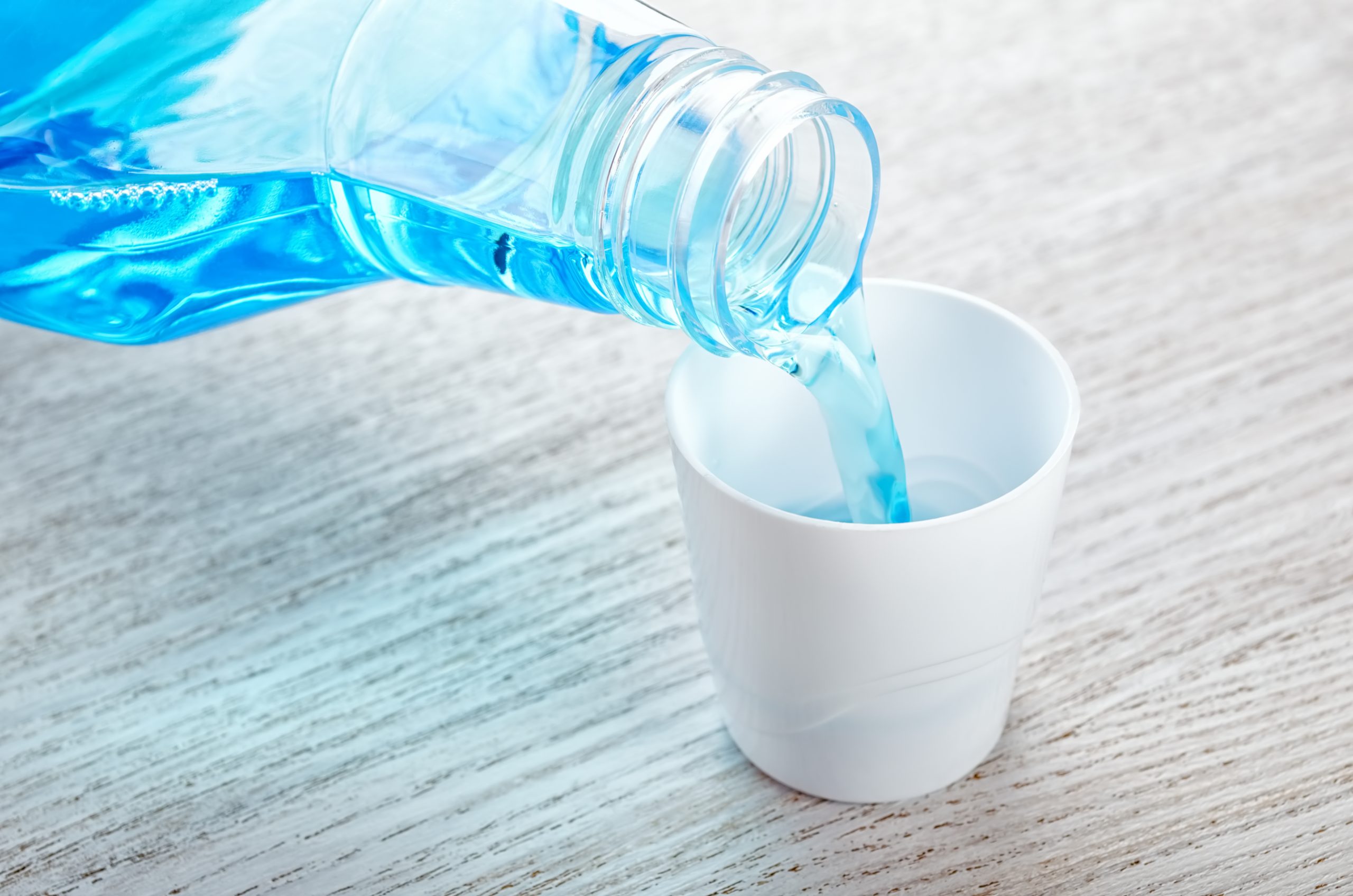
Mouth Rinses
About Mouth Rinses Using a mouth rinse or mouthwash daily will help you avoid issues with bad breath, plaque buildup on teeth, and gum inflammation, which can lead to sensitivity or pain. Mouthwashes assist with killing the bacteria that can lead to gum disease, plaque buildup, and halitosis. Your dentist can recommend a mouth rinse […]
READ MORE
